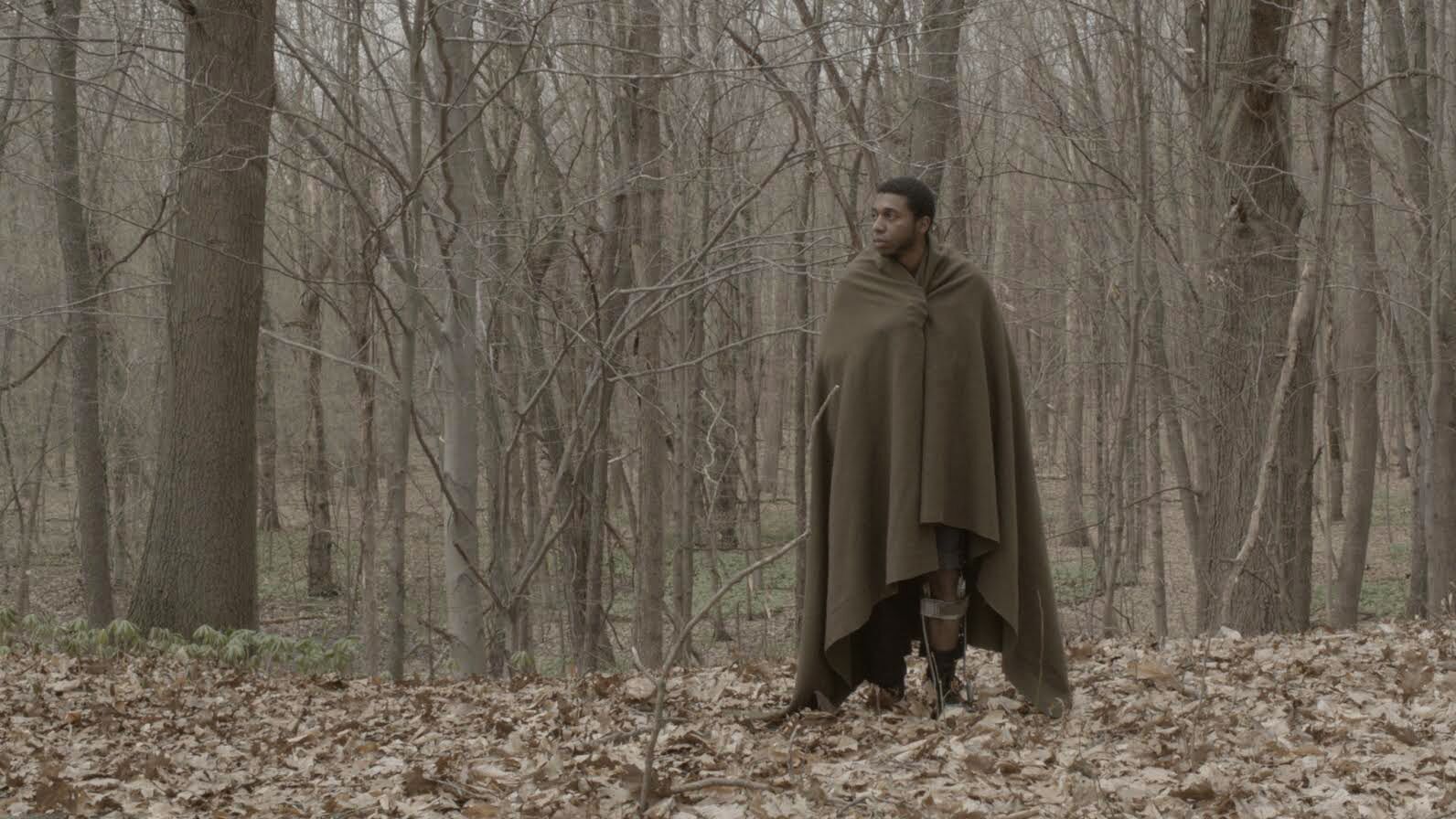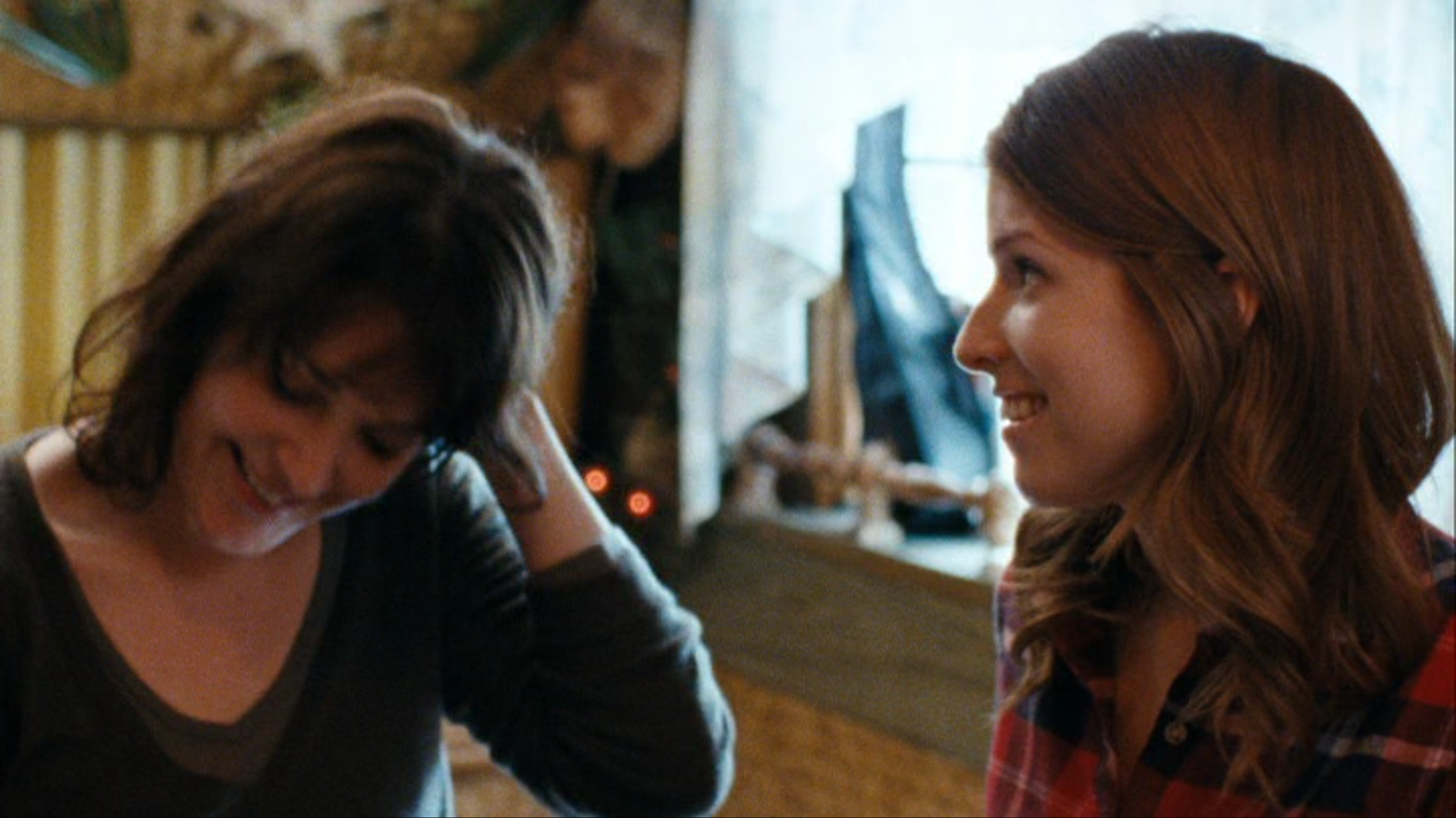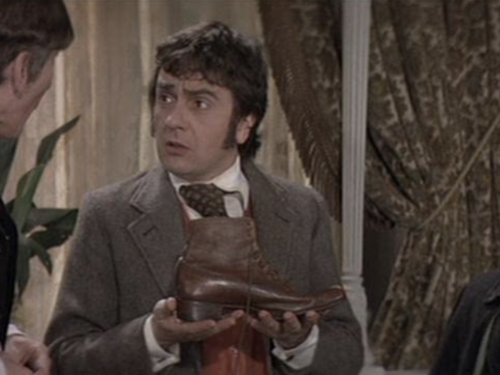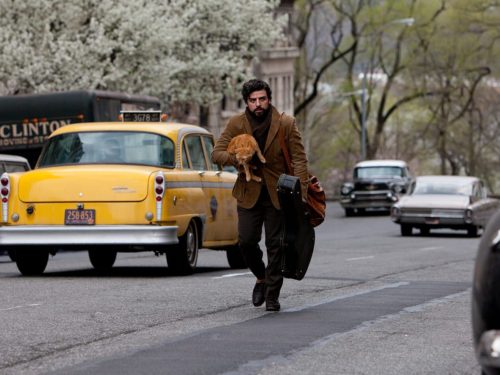In the finale of a two-part series, Bennett Glace dissects the Chaotic Neutral in Joel Potrykus’ The Alchemist Cookbook and Relaxer
Through four features, Joel Potrykus has carved out his own unique niche in American independent cinema and created his own unique, instantly recognizable kind of monster. Despite growing more and more physically monstrous, his characters have only become more sympathetic. Their obsessive pursuits and disgusting fates are the same, but their attitudes have changed. While Ape and Buzzard’s not-quite anti-heroes resemble scorned adolescents, The Alchemist Cookbook and Relaxer’s monsters are both more isolated and more pathetic. They instead resemble scared children, hiding rather than angrily locking themselves away. Their creator has matured with each new film, but they’ve made no such change.
Read Pt. 1 of Joel Potrykus’ Midwestern Monsters: Ape And Buzzard here
Chaotic Neutral: The Alchemist Cookbook and Relaxer
The horror becomes far more literal in Potrykus’ latter two films. His leads, however, aren’t nearly as alienating. Their efforts don’t come at anyone else’s expense and their attempts to get back at society are only ever self-destructive. In pursuit of riches and retribution, they isolate themselves to even more extreme degrees than their predecessors. Sean (Ty Hickson), in particular, takes pains to keep away from the public. Instead of the Rust Belt streets of Grand Rapids and Detroit, he occupies a trailer somewhere in the Michigan wilderness. He’s also more unambiguously childish and sentimental than Potrykus’ previous monsters. Sean listens to some of the same aggressive music as Marty and Trevor, but he’s also shown to enjoy a warbly, nostalgic rendition of “Jingle Bells.” The song accompanies an improvised Christmas morning ritual that reveals the child behind the Black Flag t-shirt and gas mask.
His only contact with the outside world comes courtesy of Cortez (Amari Cheatom), a cousin who brings occasional deliveries. It’s clear Sean resents the film’s one other character. This amateur scientist would rather spend time with his book of spells, his punk records and his cat. That book of spells, Sean hopes, will provide the means for summoning a demon named Baliel. Though he shuns human company, he’s hungry to welcome Baliel into his life. He’s even willing to put his own body in jeopardy for the opportunity, inhaling fumes and promising time and again to “give [Baliel] his teeth.”
Besides Trevor, Sean is the Potrykus character with the most coherent idea of what it is he’s striving toward. His goals aren’t Marty’s nebulous “bigger things,” but a supremely specific fantasy. In a late-film lament, he describes everything he had hoped his rituals would achieve. “I was gonna be all rich,” he says, “buy us a big mansion out in the woods. No one would even know we were here.” He nearly mists up at the thought of enjoying “Doritos sandwiches,” a “giant fridge” filled with Gatorade and “so many fucking Capri-Suns” alongside his pet. It’s an uncommonly tender moment from a filmmaker who’s otherwise focused mostly on making viewers squirm. It’s all the more affecting given what comes next.
Sean doesn’t stop at giving Baliel his teeth. That’s just the beginning of the monstrous changes his body experiences throughout The Alchemist Cookbook’s final third. As his rituals grow more and more depraved, he and Cortez both transform into demonic figures. While his cousin haunts him, hurling taunts in a demonic growl, Sean grows more erratic and animalistic. Bloody horns begin to protrude from his face, and his fingernails grow into feral claws. Soon he’s staggering around the woods threatening to meet his demonic tormentor in hand-to-hand combat.
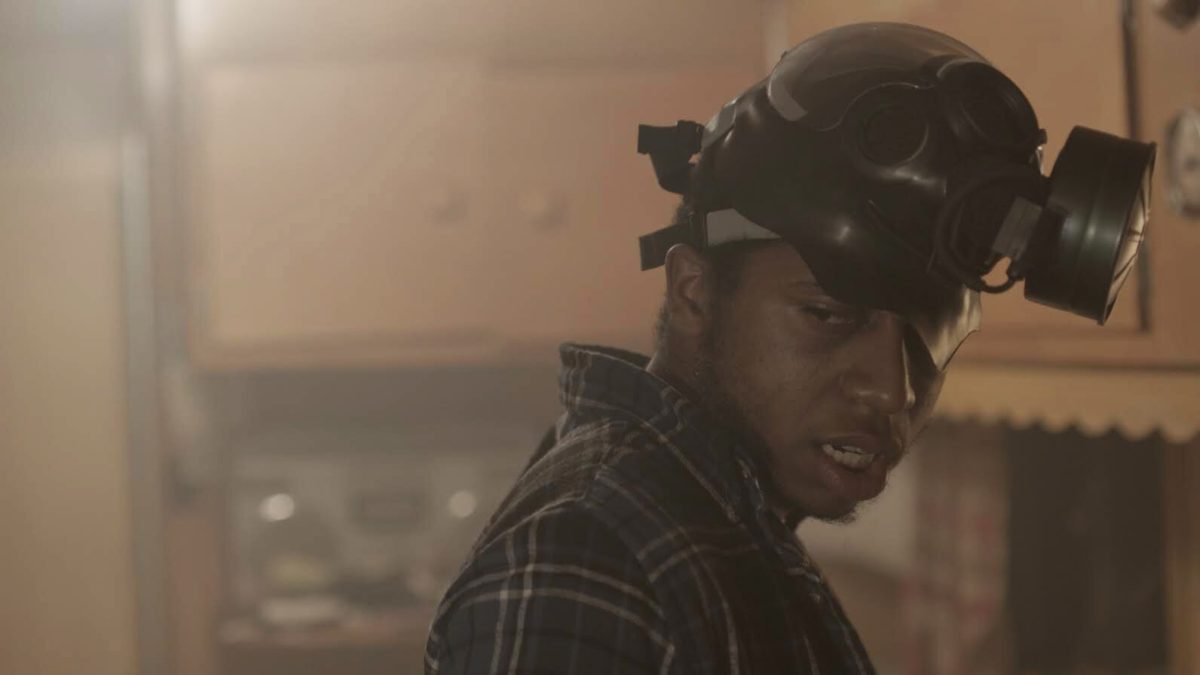
While Sean had hoped for material gain and personal freedom, he had no intention of using his new powers for evil. He was not a malicious sorcerer, but an innocent hoping to distance himself from a world of hostility and confusion. Unlike Marty, whose ambitions (such as they are) involve grifting and getting one over on just about everyone, Sean just wants a pleasant life for himself. He sees dropping out from society and enjoying simple, solitary luxury as the ultimate revenge against “the system.” He winds up earning no such reward. The film’s final shot finds him staring into the distance and screaming into a freeze-frame. It’s yet another ending that pivots from joy to abject terror in an instant. The dark arts, Sean learns, operate by a rigid, unforgiving system of their own.
From Buzzard on, Potrykus provides subtle snippets of biography for all of his central characters. Most of these come from conversations with and about unseen family members. Marty, for example, assures his mother that he’s “not like that anymore” during one of several misleading phone calls. No, these days, “people like [him].” With just one side of a few short conversations, Potrykus implies a checkered history, one of resentment and alienation. It’s nearly everything we’ll learn about Marty’s dark past and desperate present. Though Sean interacts with a family member more directly, we learn even fewer details from his conversations with Cortez. When the unwelcome guest happens upon the remnants of Sean’s rituals, his warnings about “Uncle Ron” provide the closest thing we get to explicit biographical detail. We’re otherwise meant to draw conclusions of our own from Sean’s obsession, illness and injury. As a result, the film’s events (especially its ending) are perhaps the most ambiguous of Potrykus’ career.
Abbie (Burge, reaching new heights) gets the most detailed backstory yet. It makes his transformation throughout Relaxer unusually tragic. Nearly everyone we meet, from his cruel brother Cam (David Dastmalchian) to his sort-of friend Dallas (Andrey Hyland) makes a point to reveal details from his past. They each remind our hero that his father is doing time in a California prison. Gradually, it becomes clear that the “sicko” was a pedophile. Abbie’s undying, child-like affection for his father leaves the viewer wondering as to the precise nature of their relationship. We come to expect that trauma has played a role in molding this stunted, single-minded young man.
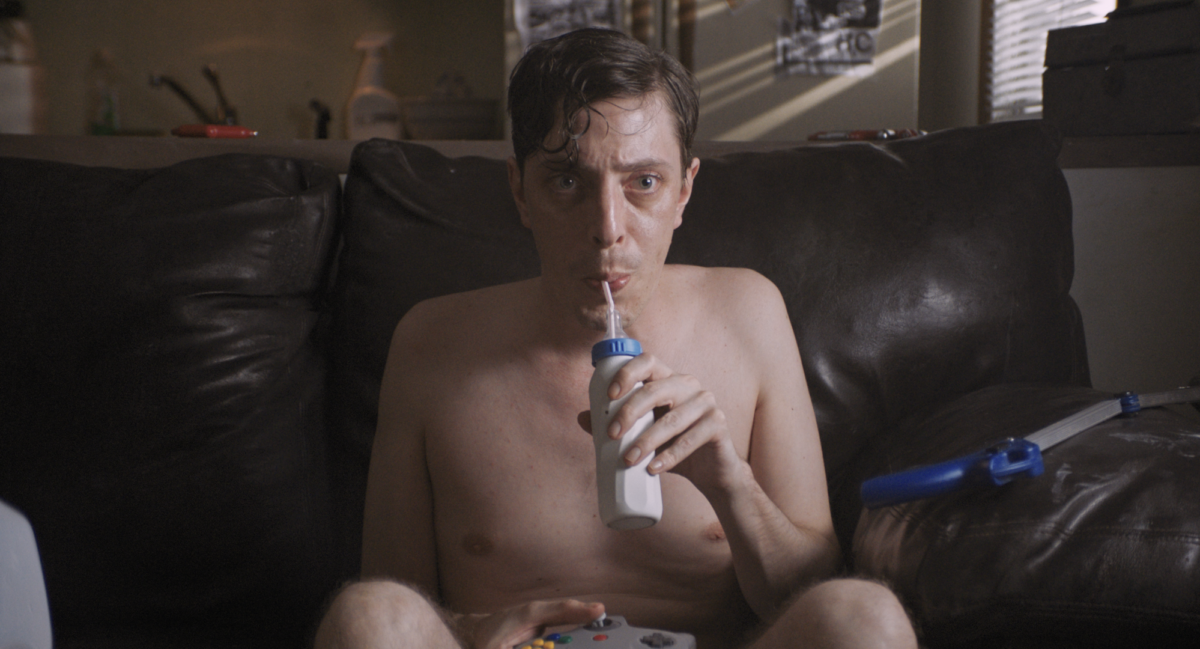
The film, like The Alchemist Cookbook before it, finds Potrykus cutting his hangout antics and gross-out theatrics with a palpable sense of melancholy. Abbie shares Marty’s commitment to senseless dares, challenges and competition. He is not, however, a bullying aggressor during these games. From the film’s grotesque opening sequence, it’s clear that Dastmalchian is playing the role usually occupied by Burge. He goads Abbie into debasing himself with threats of violence and consistent reminders of past failure. When we first meet the brothers, Cam is hectoring Abbie through some especially depraved version of the Gallon Challenge. Throughout the nauseating, twenty-minute ordeal, we learn that Cam has cataloged past challenges on video. Abbie has never completed one. We also learn that Cam is a dedicated survivalist. With Y2K approaching, he’s gearing up for a trip to a bunker on the West Coast. By year’s end, he reminds Abbie, “there isn’t going to be any Nintendo.” His warnings introduce an apocalyptic sense of dread and make Abbie’s commitment to completing challenges and discovering video game glitches seem all the more meaningless. System failure is about to erase any progress he makes.
Abbie fails Cam’s latest challenge in explosive fashion. Projectile vomiting, he seals himself to his couch and seals his fate. Cam responds by issuing Abbie one final challenge, one last opportunity to prove himself before the new millennium. It’s a challenge introduced by champion gamer Billy Mitchell in the latest issue of Nintendo Power: reach Level 257 of Pac-Man. Abbie agrees, less out of interest in the $100,000 prize than out of an obsession with finally defeating his brother. It’s a decision he comes to regret as surely as any horror protagonist who ever agreed to spend an evening in a haunted house.
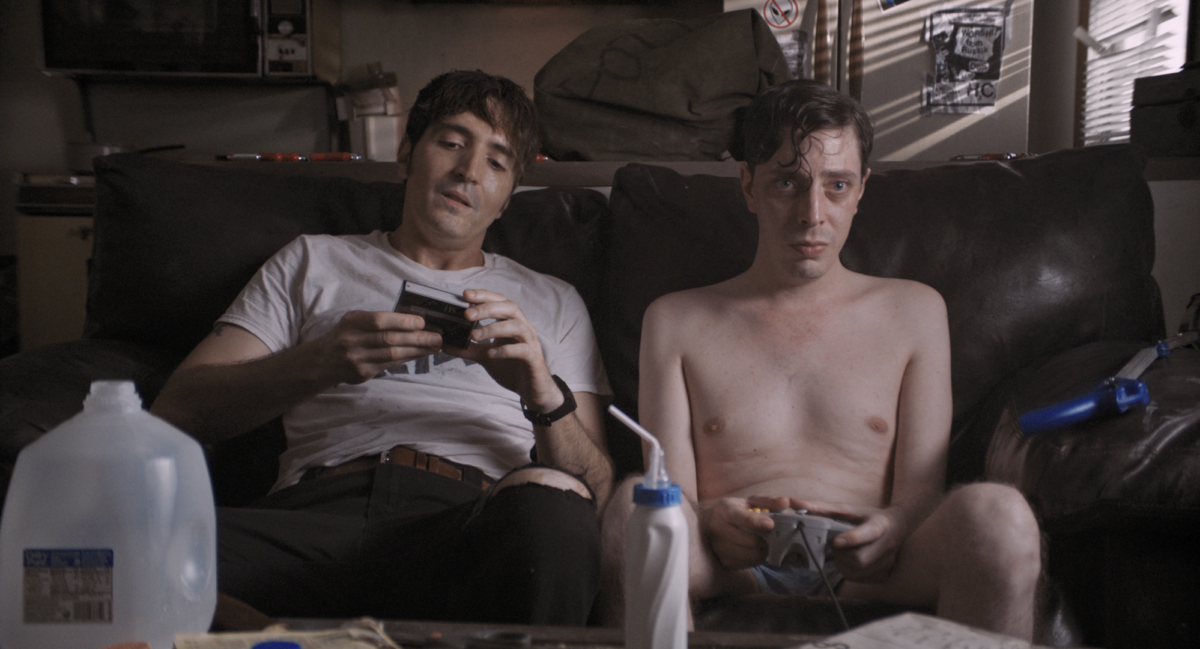
Relaxer’s puke and piss-soaked prologue sets the stage for an escalating series of indignities. As he toils away, starving and “too sticky to get up,” Abbie experiences a special kind of Hell. He’s taunted by guests, choked with bug spray, drenched with sewage and (we assume) forced to sit in his own waste. As hours drag into days and months, his predicament comes to resemble both a survival story and a body horror shocker. He improvises tools, subsists on captured animals and grows the obligatory desert island beard. Sooner or later, he abandons any effort to unstick himself from his seat. He has grown into a monster, part-man and part-couch. All the while, through malnourishment and madness, he has honed what appear to be telekinetic powers. One last indignity comes when Abbie learns that his impossibly long mission has been futile all along. As it turns out, Billy Mitchell is nothing more than a self-promoting fraud. There is no Level 257. Once again, the system has snatched away the promise of wealth and personal freedom.
Once Y2K finally, mercifully arrives, Relaxer evolves once again. Abbie’s story of personal terror becomes a global, post-apocalyptic nightmare. Scavengers arrive searching for scraps of food and Abbie is reunited with his brother. Face-to-face with his lifelong tormentor, Abbie finally stands and brings about yet another narrative shift. Though his story, thus far, has looked like Videodrome, he gets his revenge against Cam with a maneuver right out of Scanners. Employing that newfound telekinesis, he stuns Cam before destroying his head with a violent explosion. At full-force, Abbie’s powers bring about the victory that has eluded him through a lifetime’s worth of challenges. As should be expected, this triumph soon gives way to something more troubling. Soaked in blood (and God knows what else) Abbie hears monstrous, thundering footsteps approaching. Looking off-screen, he delivers the film’s final line of dialogue: “You made it.” He’s been reunited with the monster who made him.
Level 257
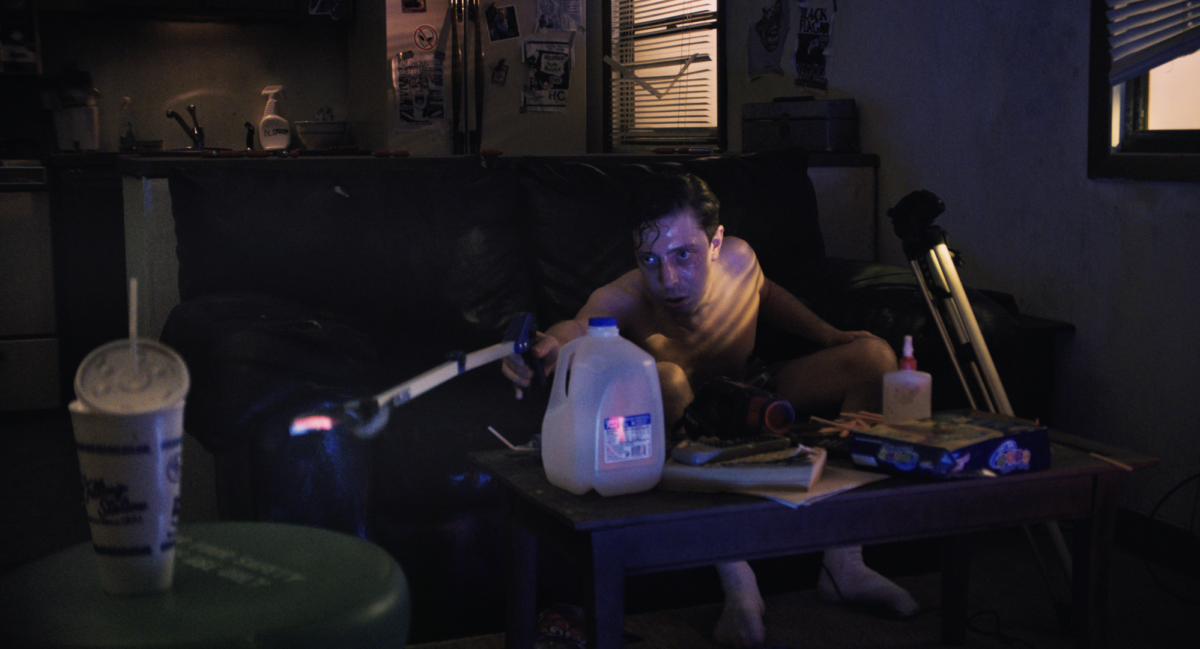
I feel a lot like Abbie as I struggle to organize my thoughts and reach a conclusion. It’s as if I’m reaching Level 256 of Pac-Man only to learn that I’ve hit a dead end, that I’m about to glitch out and go right back to where I started.
Each of Potrykus’ films has forced me to reflect and remark, “there but for the grace of God, go I.” Right now, I’m closer to his characters than ever before. I’m no longer so sure that I’m headed in a different direction than any of them. Trying to finally, somehow tie all this together, I’ve regressed into my own kind of derangement and debasement. I’ve committed, like Abbie, to staying in one spot until I’ve finally reached an arbitrary milestone. My diet, hygiene and social life have come to resemble his as well.
Honestly, I hate it when critics pad their reviews with personal anecdotes and few words get my hackles up like ‘relatable.’ But when it comes to Potrykus, I just can’t help it. Confronting his catalog has forced me to confront a certain monster in myself. It’s not quite the monster Vishnevetsky describes, “the one we like to imagine within ourselves when we’re down.” It’s the monster the most obsessive among us becomes when we’re driving toward some ill-defined goal at the expense of nearly everything else. I return to these films the way some gamers return to their favorite titles, eager to realize 100 percent completion, to discover new Easter eggs and side quests. I intend to keep digging into them the way Trevor, Marty, Sean or Abbie might dig into a plate of spaghetti and ranch.
Find the complete October Horror Archive here:

Follow our list of the 31 Days of October Horror on Letterboxd
(Split Tooth may earn a commission from purchases made through affiliate links on our site.

